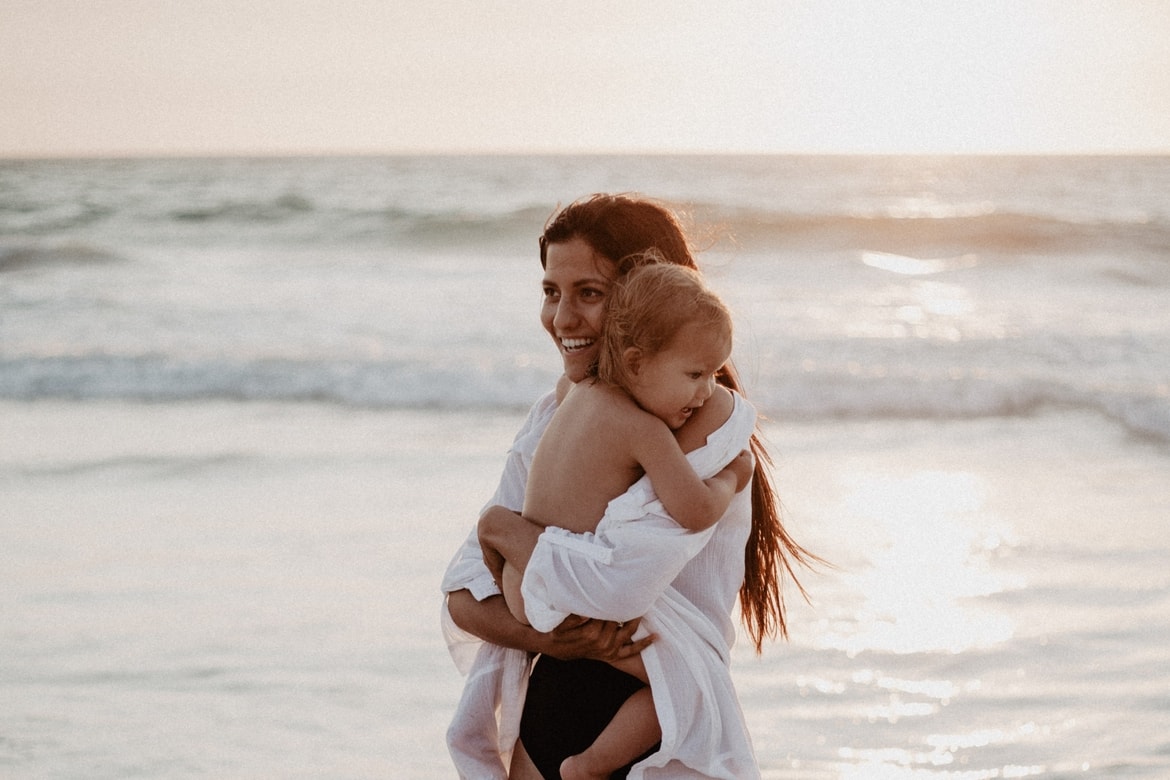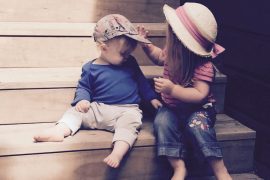By Sarah R. Moore
Parenting experts tell us how to be a better mum, but few tell us why it’s so darn hard to accomplish what sounds like it should come naturally. I mean, just the other day, I was connecting so well with my child and BOOM – I accidentally melted the plastic base of a small appliance on our stove and our whole day went up in smoke, literally and figuratively.
Why is it that the minute we connect well – and we feel we’ve finally figured out how to be a better mum – something throws us off course? And why is that “something” so often us, ourselves? True, we’re not all starting fires in our homes (that’s a special talent of mine, apparently). But why is is so hard to get this parenting gig right sometimes?
We want our children to like us. We want to like our children. It sounds so easy.
Here are three common pitfalls we encounter – and how to be a better mum despite them.
1. Our words don’t match our feelings
We might know how to be a better mum, but it doesn’t always stick “in the moment.” We might be perfectly clear intellectually about what we’re supposed to do to be a kind and respectful parent. If we’re not feeling peaceful on the inside, though, we might say all the right things, but the words escape our mouths through clenched teeth. Our body language gives us away when we’re dysregulated. No self-respecting child is going to buy it. They end up with a big ol’ case of cognitive dissonance: “Hmmm – Mum is saying the right words, but she has that wild look in her eye. I’m outta here.”
How to be a better mum:
When we’re upset, it’s okay to show it in front of our children in physically and emotionally safe ways.
When we do this, we model emotional authenticity. That’s a life skill our kids will benefit from learning.
It’s okay to say to a child, “I’m feeling sad / frustrated / itchy (whatever!). I’m going to work through my feelings and then we can discuss the situation.” Buy yourself some time to synch up emotionally. You know that unicorn that many call “self-care?” Yep, it fits in riiiight here.
If we happen to show it in a suboptimal way, remember the rupture and repair cycle where we mess up, apologise, and move on from it.
2. We’re reacting out of habit instead of responding with what we’ve learned about good parenting
Habits are hard to break, for sure. Maybe our parents yelled or stonewalled or punished, so their way becomes our default when we’re having a rough moment. We know better, but we perpetuate whatever unhealthy patterns we’ve learned. We think about how to be a better mum and then wham-o, we have a knee jerk reaction that happens before we even realise what’s happening.
How to be a better mum:
You know all those imaginary discussions we have in our heads – most notably the unfinished arguments with our children and partners?











